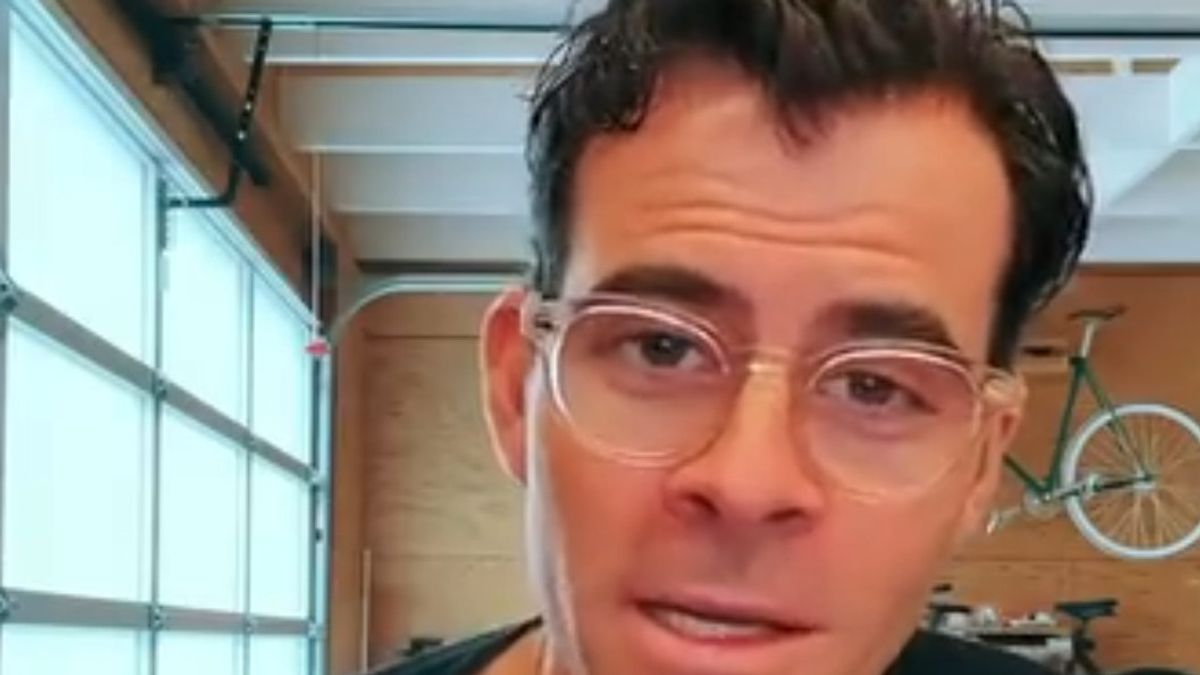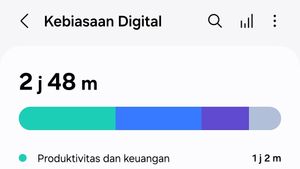JAKARTA - Head of Instagram, Adam Mosseri surprisingly still maintains his statement regarding his platform which can have a negative effect on its users. He describes Instagram like a car.
In his interview on the Recode Media podcast this week with host Peter Kafka, the crux of Mosseri's argument is that some people get run over, and that's the price we all have to pay.
"We know that more people die than others due to car accidents, but in general, cars create far more value in the world than they destroy. I think social media is similar," Mosseri said as quoted by Mashable, Friday, 17 September.
The statement began when a series of incriminating articles appeared in the Wall Street Journal (WSJ) based on leaked internal Facebook documents. The article explains Facebook has repeatedly found its Instagram app dangerous for some teens.
Among the findings was an internal presentation that said 32 percent of teenage girls said Instagram made them feel worse when they looked at their own bodies.
"We exacerbated body image problems for one in three teenage girls. One teenager blamed Instagram for increased levels of anxiety and depression," the article reads.
Following the report, US lawmakers demanded answers from Facebook about how its services are impacting the mental health of teens and children. Some asked the company to scrap its plans to launch a kids version of Instagram.
In response to Mosseri's comments, Kafka then asked whether the service should be withdrawn or restricted if there was a chance it could actually harm people in the same way cigarettes pose a similar danger.
“Absolutely not, and I strongly disagree with the comparison of drugs or cigarettes, which have very limited, if any, benefits. Anything that will be used on a large scale will have both positive and negative results. The car has positive and negative results," said Mosseri.
Kafka then went on to explain that cars are subject to strict safety regulations at the federal level, but Mosseri countered by saying social media regulations were acceptable, even though it was also potentially problematic.
"We think you have to be careful. Because regulation can cause more problems," said Mosseri.
Mosseri's statement by describing his social media as a fatal car accident may make little sense. The Facebook study reported by the WSJ found that, "Among teens who reported suicidal thoughts, 13 per cent of British users and 6 per cent of American users tracked suicidal ideation to Instagram, one presentation showed," the study said.
While Mosseri's framing of social media as a primary social benefit that happens to have some rather nasty negative externalities may be surprising, it follows a long line of bizarre self-justification by Facebook executives.
In 2018, BuzzFeed News published a memo written by then-Facebook Vice President Andrew Bosworth, in a 2016 document describing a damning picture of a company dying by ignoring the real-world consequences of its service.
The memo argues that Facebook's goal is to connect people, and of course that person might die as a result, and that would be bad, but that wouldn't slow the company down.
"Maybe it costs lives by exposing someone to intruders. Maybe someone died in a coordinated terrorist attack on our tools. We're still connecting people," said Bosworth.
The English, Chinese, Japanese, Arabic, and French versions are automatically generated by the AI. So there may still be inaccuracies in translating, please always see Indonesian as our main language. (system supported by DigitalSiber.id)












